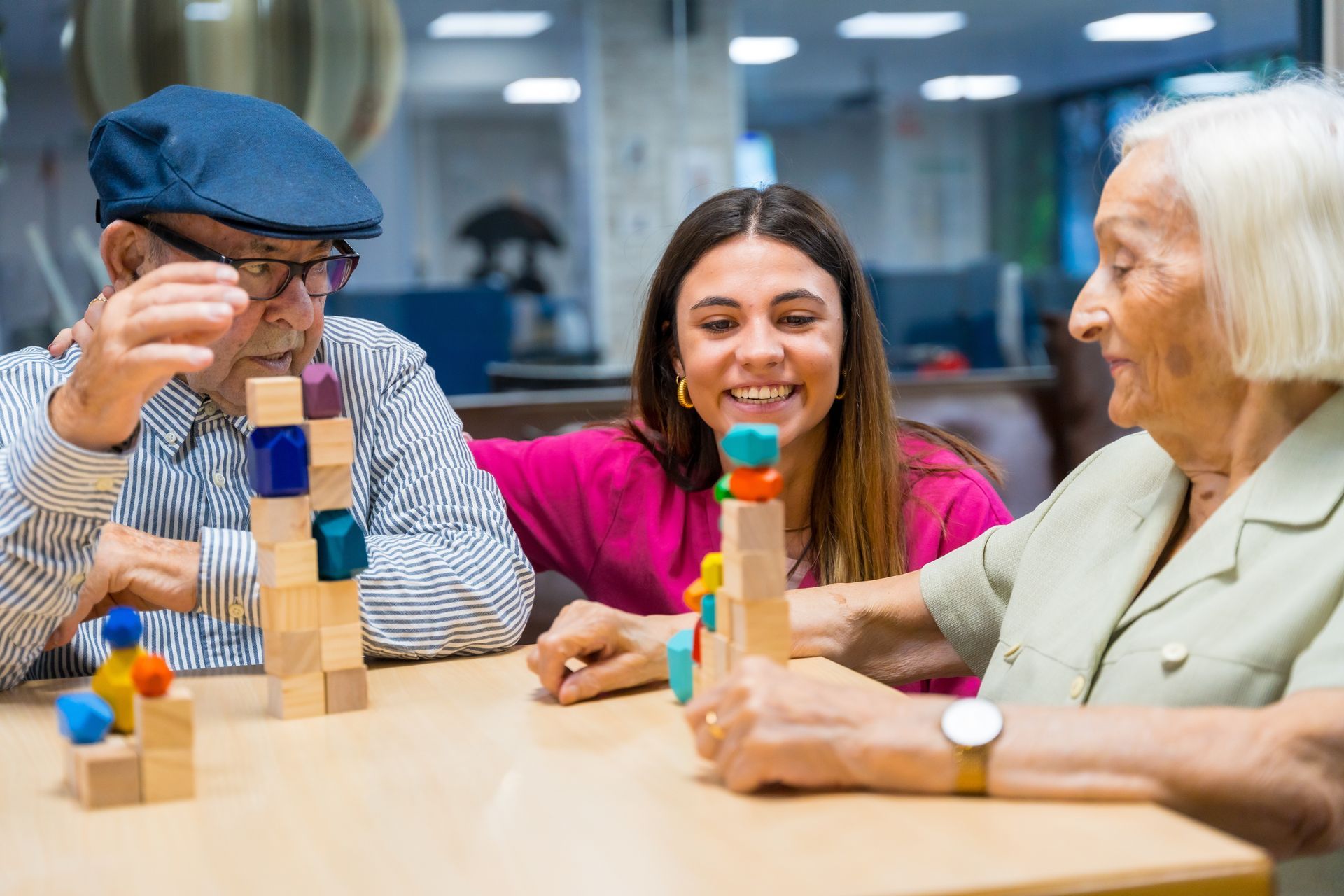BLOG
Can’t Be There? Visit Virtually with an Affordable Tech Upgrade
Communicating with friends and family while socially isolating can be difficult for older Americans; after all, we did not grow up with cell phones and social media. However, as the 65 and up crowd is the most at-risk of suffering serious health complications during the COVID-19 pandemic, we are safer at home. That doesn’t mean we can’t spend time with those we love or that we have to drain our savings to do it.
If you want your senior loved one to stay happy and healthy and thrive, consider
Assured Assisted Living residential care. Call
(303) 814-2688 to schedule a tour!
BUDGET BARRIER
There is no question that our incomes dip sharply the older we get. Because of this, we often don’t have a great deal left over after we pay the bills and buy groceries. While taking a money-management class can help, we still have to mind our dollars and cents when indulging in “niceties,” such as new technology and high-speed internet.
If you don’t already have a device that you can use to communicate via video, start looking for deals, as there’s a rotating lineup of specials, sales, and discounts online.
You can also look for providers that offer devices and services to seniors at steep discounts. Comparitech notes that seniors enrolled in AARP (which is free to join for adults aged 55 and over) can find affordable phones, tablets, protective cases, and phone and internet services from companies including GreatCall, Verizon, and US Mobile.
Fabulously Free
While you will spend the money on a device, once you’re logged in, there are plenty of free video-calling apps, such as Skype, Facebook Messenger, and Google Hangouts. These are beneficial for a variety of reasons; one of these is that it allows you to have a more intimate conversation “face to face” with your loved ones. UC Health also suggests that you can use your video conferencing for Bible studies, online book clubs, and other social outlets.
Another great way you can connect with your family and friends using your device is by playing online games. Guide for Seniors explains that you can play everything from chess to word games, including Scrabble, online. These and similar games are fun and educational for you and your older grandchildren.
Tech Tips
If you’re not exactly tech-savvy, here are a few things to remember that can save you money, time, and hassle in the long run:
- Discounted internet may be available. Depending on where you live and your income, you may be eligible for low-income internet that ranges in price, starting at approximately five dollars per month and going up from there.
- Internet scams target older adults. Unfortunately, your family and friends are not the only ones surfing the web, and not everyone has your best intentions at heart. Avoid
scams on Facebook and other social media sites by skipping out on surveys and questionnaires that ask for personal information. You should also immediately delete any communication with people you do not know.
- Stay connected to your Wi-Fi. Your personal wireless network allows your devices to operate using your home's internet. This is much faster than a 4G or 5G connection, meaning that you are less likely to drop calls or experience pixelation while on video. Plus, your phone will use less energy so your battery won’t drain as quickly.
Technology doesn’t have to be intimidating, nor does it have to be expensive. Look for deals and discounts, and don’t be afraid to utilize free resources, like messenger and Skype. Be cautious with the information you provide, and, when possible, use your wireless network. Remember, the pandemic won’t last forever, but technology offers you many new ways to communicate with your children and grandchildren on their level. Staying in touch will stave off loneliness and may help improve your relationships with your tech-savvy loved ones.














